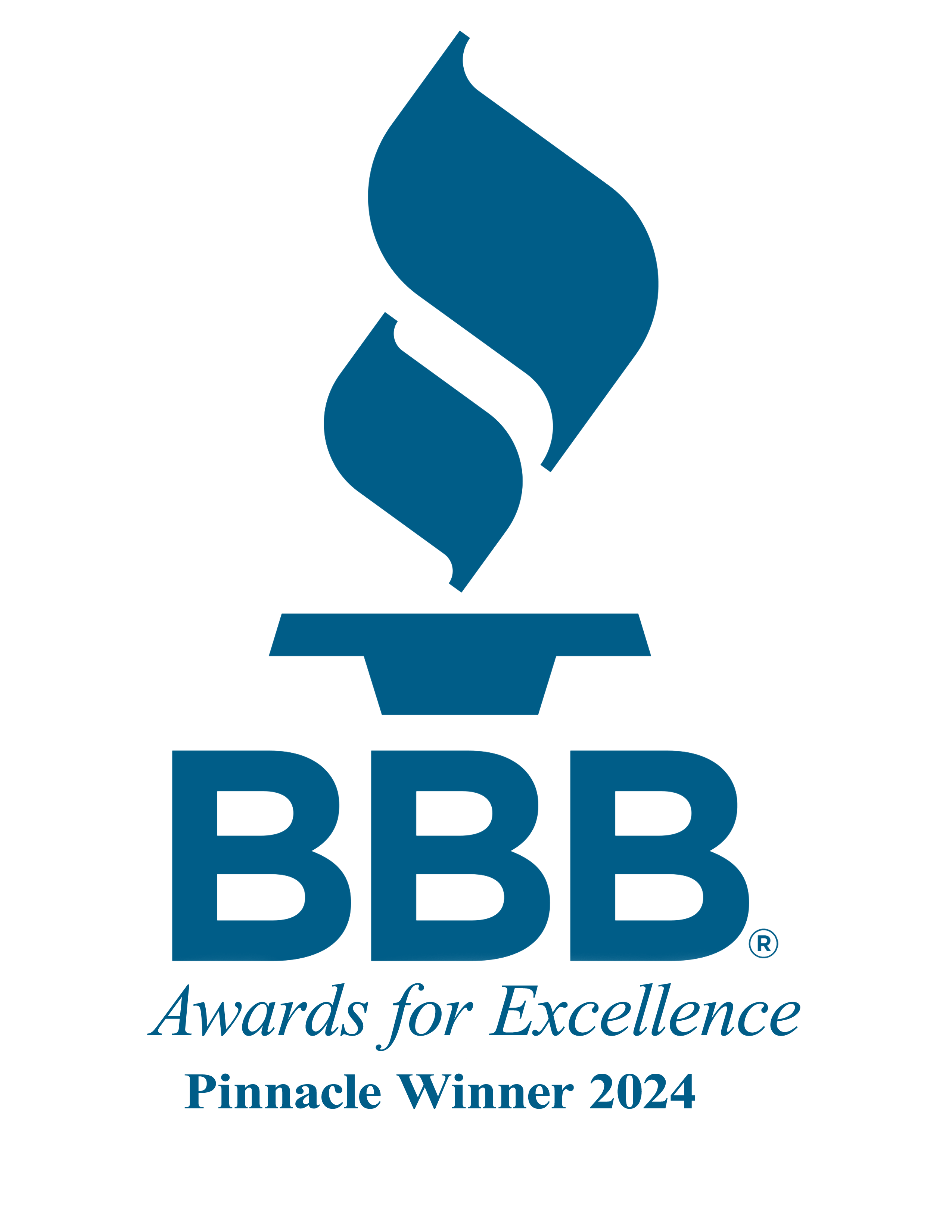
Selecting the right business structure is one of the most important decisions that entrepreneurs make when starting a new company. Although many small businesses begin as sole proprietorships or partnerships, some business owners incorporate to protect personal assets. Now that the 2018 federal tax reforms are in place, structuring your new business as a C Corporation appears to be the clear winner when it comes to the amount of taxes paid.
If you are establishing a business that sells products, operates from a store and has employees, structuring your company as a C Corporation could be for you. Here are 10 benefits under the new tax law.
1. Minimized Tax Burden
The new corporate tax rate of 21% is considerably less than the maximum 37% rate to which individual partners may be subject. If owners take salaries, the salary is not taxed at the corporate rate.
2. More Fiscal Year Flexibility
C Corp fiscal years do not have to coincide with calendar years. Thus, companies have more flexibility in when their fiscal year begins and ends and can determine when to take losses or pay taxes on bonuses. The ability to carry profits and losses forward and backward can further reduce the tax burden.
3. Deducting Salaries and Bonuses
Shareholders as well as owners can become salaried employees. As such, a C Corp can fully write off payroll taxes. If a business does not make distributions to its shareholders and only provides salaries, the move could result in further income tax savings. Shareholders of C Corps commonly choose to receive their income in this manner instead of receiving the money in dividends, which are subject to additional taxation. C Corps have the widest range of deductions allow by the IRS.
4. Medical Premiums and Other Benefits
Owners of C Corporations can receive health coverage virtually tax-free as premiums are full deductible. A C corporation may also set up medical reimbursement plans to pay for out-of-pocket medical costs of employees As long as the plan does not favor the owners, reimbursement are not taxable to employees, while they may be deducted by the corporation. Premiums for long-term care and disability insurance also qualify.
5. Amassing Funds for Expansion
Retaining profits for future expansion is an important consideration for many business owners. C Corporations allow you to easily shift funds and hold them for future expansion at a lower cost than S Corporations where profits appear on an owner’s income tax return even when they place those funds back into the company.
6. Lower Audit Potential
The audit potential for C Corporations is lower as there is no income or loss passthrough like other entity types. Generally, if there is an adjustment the owners of a C Corp will not be held personally liable for any additional taxes assess to the C Corporation due to an audit. If a tax assessment exceeds the value of a business, the owners may be able to abandon the bankrupt company and walk away from tax debt.
7. Easier to Attract Investors
C Corps have an easier time attracting investors because owning shares is considered preferable to owning LLC membership interests. This preference allows corporation to obtain capital through equity financing easier than an LLC. Venture capitalists also prefer to invest in C Corporations. Because of these pluses, it may also be easier for a C Corp to obtain bank financing, which can be especially important for capital-intensive businesses.
8. No Restrictions Placed on Shareholders
Unless the corporation’s governing documents say otherwise, there are no restrictions on who can own stock in a C Corporation. Shareholders can come from anywhere in the world and their numbers are unlimited, unlike S Corporations, which can only have 100 shareholders. C Corps can also have several different classes of shares.
9. Charitable Contributions
C Corps are the only corporate entity that can deduct charitable contributions to eligible charities as a business expense. These contributions cannot exceed 10 percent of taxable income in any given year but you may carry those deductions over the allowable amount for the ensuing five years.
10. Carrying Losses Over Multiple Years
As a C Corporation, you can take large capital and operation losses over several years and the IRS won’t scrutinize you. This consideration is particularly important for start-ups that may incur substantial losses in the first year, but may rebound quickly and want to carry these losses forward to future tax years.
Other advantages may also be available to you. Contact DRDA for more information on C Corporations and advice on which corporate structure is best for your needs.









